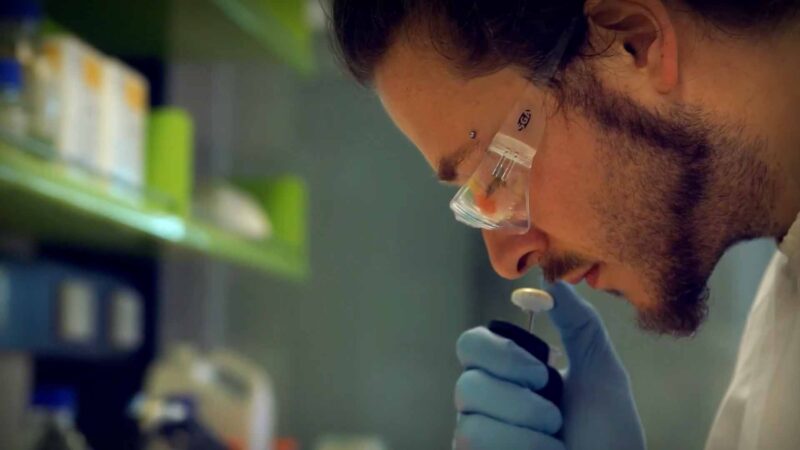La Trobe Rural Health School study for Occupational Therapy Australia identifies practice issues
Almost half a million Australians have served with the Australian Defence Force. Given the high prevalence of physical and mental health conditions and complexity of civilian life adjustment after military service, high-quality occupational therapy services are critical. However, there is limited description of occupational therapy service provision to individuals funded by the Australian Department of Veterans’ Affairs to inform government policy.
A cross-sectional study, led by Professor Carol McKinstry, Professor of Occupational Therapy and Deputy Dean with La Trobe University’s Rural Health School at the Bendigo campus has used an online survey to collect information from occupational therapists providing services to Department of Veterans’ Affairs clients.
The aim of this study was to describe the practice of Australian occupational therapists working with former service members and identify opportunities to enhance practice and policy. Professor McKinstry was instrumental in the development of the occupational therapy course at the La Trobe University’s Bendigo campus and also the establishment of the Rural Health School. She is also the a Board Director of Occupational Therapy Australia.
Participants in the study included 123 Australian occupational therapists residing in metropolitan (47%), regional (28%) and rural/remote (23%) areas. Most occupational therapists (69%) had over 15 years of clinical experience and worked in private practice (87%). Common interventions included home modifications, equipment prescription and assistive technology (77%), goal-oriented rehabilitation (16%) and activities of daily living or function assessments and education (13%). Three themes describing practice issues were identified: (1) Service provision as rewarding yet underfunded, (2) Administrative complexity and lack of understanding of the occupational therapy role and (3) Need for specialist professional development opportunities.
Australian Health Journal spoke with McKinstry about the study, and its conclusions.
Australian occupational therapists are providing a range of services to Department of Veterans’ Affairs clients although mostly relating to physical conditions, states Professor McKinstry.
Her conclusions for the study are that occupational therapy practice with former Australian Defence Force members be expanded to meet their diverse and complex needs. Further research and education is needed to support use of specialist knowledge and interventions. Advocacy by peak associations and policy reform are urgently required to ensure sustainable services, particularly in rural areas.
You Might also like
-
Strategic research investments for health and prosperity
The CEO of Research Australia, Nadia Levin spoke with Australian Health Journal about the following:
– Current medical research and development landscape in Australia
– Investment required to support the Health and Medical Research and Innovation pipeline
– The National Medical Products Industry Plan and its impact on the Australian economy
– The Health and Medical Research WorkforceIn the lead up to the Australian Federal Budget in May 2023, Australian Health Journal reached out to peak health industry bodies to hear about their priorities, either noted in pre-budget submissions lodged with Federal Government in January 2023 or in recent forums such as the Strengthening Medicare Taskforce.
-
SAHMRI Celebrates 10 Years of Research
SAHMRI represents an exciting and unique statewide concept, bringing together basic and translational research, South Australia’s three universities and the health system. SAHMRI works in collaboration with its partners to provide a clear focal point for health and medical research, including paving the way for new partnerships, innovative research projects and improved health outcomes.
Executive Director, Professor Maria Makrides spoke to Australian Health Journal about 3 achievements in the past 10 years that have had significant impact
International leadership breakthroughs in leukaemia research
Culturally appropriate Indigenous health research and clinical care
Omega 3 fatty acids as a preterm birth prevention -
Clinical trial site in primary care setting open for novel therapies in psychiatry
Over the past decade, Paratus has been involved in over 200 clinical trials across 4 clinical site locations. Now a fifth site, the newly opened Melbourne site will cater to both primary care and psychiatry, specifically designed for psychedelic studies.
The new Melbourne site will be a focused on primary care studies specifically expanding access to psychiatric research, a growing area of unmet need. Australian Health Journal met with 3 recent hires brought in to support clinical trials across the organisation and in psychiatry in Melbourne.



